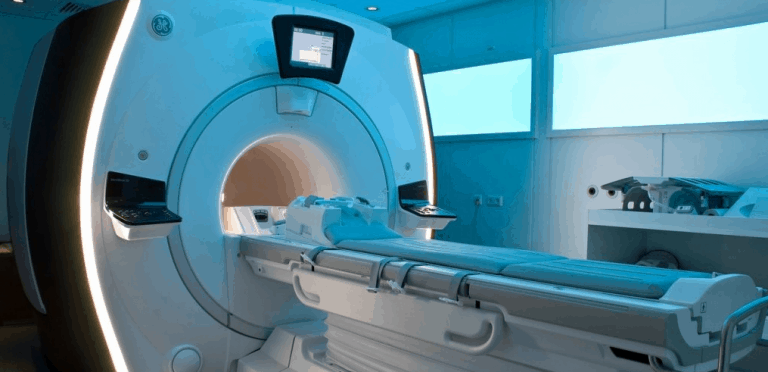I have written about several health choices that can affect prostate cancer (PCa) outcomes: diet and nutrition, supplements, exercise, and caffeine. In this blog, I want to share the results of a recent Italian study on how smoking affects long term PCa survival. It’s pretty much like a skull-and-crossbones on a bottle of poison.
The authors used case records of 780 PCa patients who were enrolled from 1995-2002 and followed for an average of 13 years. During the years of follow up, 263 men died. Most of them (182) died of other causes than prostate cancer. However, 81 of them (30%) died from their prostate cancer. How did smoking play a part?
Well, those who had never been smokers at the time of their PCa diagnosis had lower all-cause and prostate cancer specific death rates. However, smoking was a definite mortality risk factor for all causes and for PCa deaths. What’s interesting is that death risk increased as the number of daily cigarettes grew and as the number of years lengthened. Furthermore, the effects of increased smoking were also correlated with higher Gleason scores, meaning more aggressive disease. However, those who were smokers at the time of diagnosis had increased risk of dying from PCa regardless of their Gleason score.
There was good news for those who had quit smoking before they were diagnosed, as their increase risk of PCa-related death was not statistically higher than for those who had never smoked.
Everyone knows that smoking can cause lung cancer, but most people are not aware that smoking harms nearly every organ—including the prostate—and affects the general health of smokers. It happens that I’m writing this on Veterans Day (Nov. 11) and I found this chilling statistic from the U.S. Centers for Disease Control and Prevention (CDC): “More than 10 times as many U.S. citizens have died prematurely from cigarette smoking than have died in all the wars fought by the United States during its history.”
It can be difficult for a smoker to quit. Nicotine is a recognized addictive substance because the good feelings it creates make a person want to smoke more, and more often. Smokers go through withdrawal and cravings when they quit. As hard as it might be, the sooner a smoker ends his/her relationship with cigarettes, the more time that person adds to their life. There are many excellent stop-smoking programs and resources. If you are a smoker and are at risk for PCa, or if you have the disease, I encourage you to do whatever you need to do to put those cigarettes down once and for all. It’s in the best interest of your prostate, all your other organs, and your total health.
Copyright by Dan Sperling, MD. Reprint permission courtesy of Sperling Prostate Center (New York, Florida), the leading U.S. center for multiparametric detection, diagnosis and image-guided focal treatment of prostate cancer
Read more in our Prostate Cancer Health Center.
Reference
Polesel J et al. The negative impact of tobacco smoking on survival after prostate cancer diagnosis. Cancer Causes Control. 2015 Sep; 26(9):1299-305.







